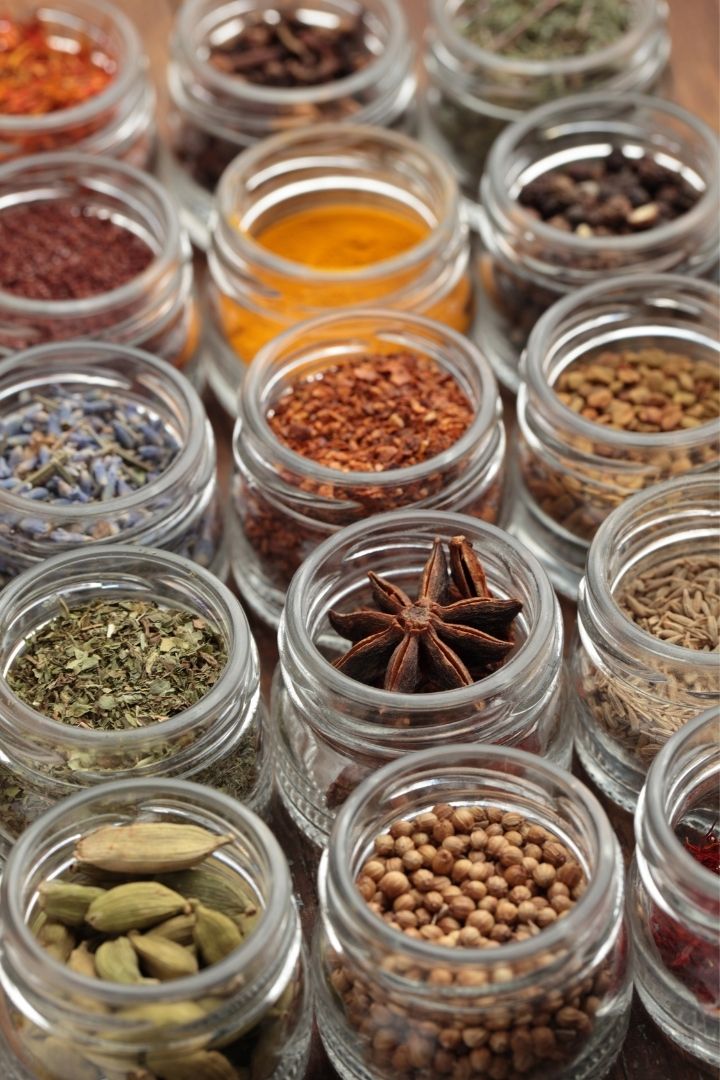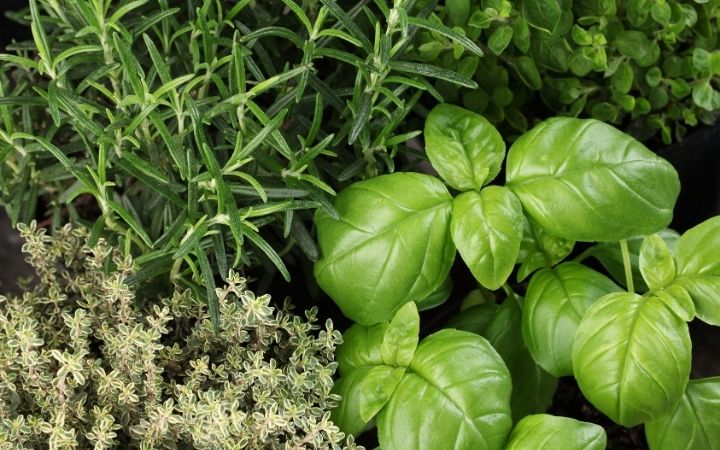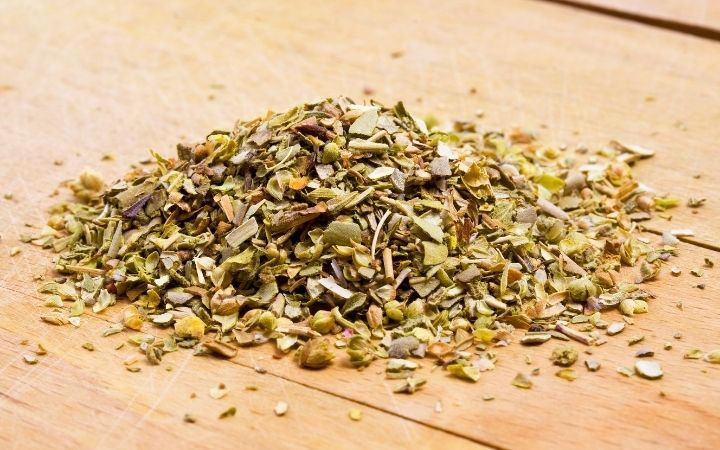Italian seasoning is a perfect blend of spices and dried herbs used in various Italian recipes. You can add Italian seasoning to your pasta sauces, marinades, or other dishes of your choice; even though you can buy Italian seasoning at the store, the secret lies in creating your own. If you don’t know how to prepare Italian seasoning, don’t despair, you’re in the right place.
Read further to discover how homemade Italian seasoning is prepared and how to use it.

What is in Italian Seasoning?
Italian seasoning usually contains a mix of herbs and spices used to add flavor to various Italian dishes. You’ll need these herbs and spices to make your Italian seasoning. The primary herbs are Oregano, Basil, Thyme, and Rosemary. Other recipes also contain Marjoram, Parsley, Red chili flakes, and Garlic powder.
The ingredients in the Italian seasoning you buy from the store vary according to the brand. However, most contain a mix of Oregano, Rosemary, and Basil. If you want to add a personal touch to the Italian seasoning, it would be best to make your own.
You can learn from existing recipes then tailor them to have ingredients that you like. Once you find your perfect mix of Italian herbs and spices, you’ll never go back to the store to buy Italian seasoning again.

How To Make Italian Seasoning
The Italian seasoning preparation process is simple. Once you identify the herbs and spices, you’ll be good to go. There are many Italian seasoning recipes you can choose from. It is perfectly acceptable to add a personal touch to the recipe by introducing other ingredients. Sometimes, you might not have access to all the ingredients mentioned in a recipe, don’t fret; just leave them out.
Another benefit of preparing your own Italian seasoning is that you’re aware of what you are consuming. When you buy readymade Italian seasoning, you are not in control of the rationing, and it may contain higher contents of a particular ingredient you are cutting down on.
In this section, you’ll learn how to make an all-purpose homemade Italian seasoning. It comprises ingredients you can easily find in your spice cabinet or store. You can use it in sauces, dressings, and marinades. With this recipe, you’ll make ½ cup or 8 tablespoons.
Ingredients
- 2 tablespoons of dried Basil
- 2 tablespoons of dried Marjoram
- 2 tablespoons of dried Oregano
- 2 tablespoons of dried Parsley
- 1 tablespoon of rubbed Rage
- 1 teaspoon Thyme
- 1 teaspoon of crushed Rosemary
How to prepare
- Find a glass container that has a lid that fits tightly and measure and add the ingredients as mentioned above.
- Stir well until they are well-blended.
- Keep the seasoning mixture in a cool, dry place in the jar container with a tight-fitting lid. Your seasoning can stay fresh for up to six months.

As you get more experienced in preparing your Italian seasoning from home, you might feel the need to adjust the ratios to fit your taste. You can also add more herbs and spices or reduce depending on your preferences and that of your family. But with this simple recipe, you have a beginning point. You are free to adjust the amount to make the size you’ll need.
How to use Italian Seasoning
How you use Italian seasoning mainly depends on your taste. However, it’s excellent practice to learn from others. Italian seasoning is an excellent addition to your pasta sauces. You can also use it for marinating your preferred chicken, pork, or beef dishes.
Italian seasoning also works perfectly in grilled vegetables or soups and sauces. You can also sprinkle the Italian seasoning on your pizza. If you have a recipe that requires Italian seasoning or any recipe that simply calls for Oregano or Basil, you can use your Italian seasoning.
Your homemade Italian seasoning mix comes loaded with ingredients that have rich nutritional value. For instance, Oregano is an excellent antioxidant that boosts digestion. There is no specific way of using your Italian seasoning. You can experiment with it on different recipes, and you’ll definitely love it.

Summary
If you don’t like spice jars cluttering your spice cabinet, you should consider making your own Italian seasoning. Furthermore, if you are busy and find sprinkling different spices annoying and time-consuming, an Italian seasoning will come in handy.
You can get a pre-mixed Italian seasoning from your local store at a reasonable price. However, in some instances, it could contain more salt than you usually consume.
To avoid such challenges, you need a system in which you control the ingredients of the Italian seasoning.
A homemade recipe works well for many people. Even though it could be relatively expensive, it is worth every penny. You can start with existing recipes and keep adjusting until it meets your seasoning needs perfectly.

Community of passionate writers and content creators who share a love for Italian heritage, culture, travel, food, and the Italian-American community. Our mission is to celebrate Italy’s rich history and traditions and connect with others who share the same passion.

